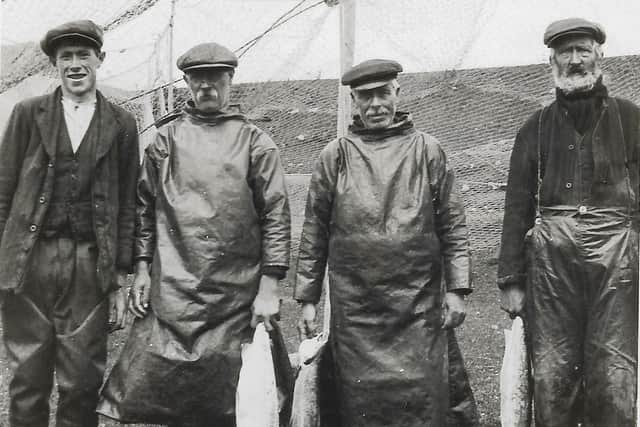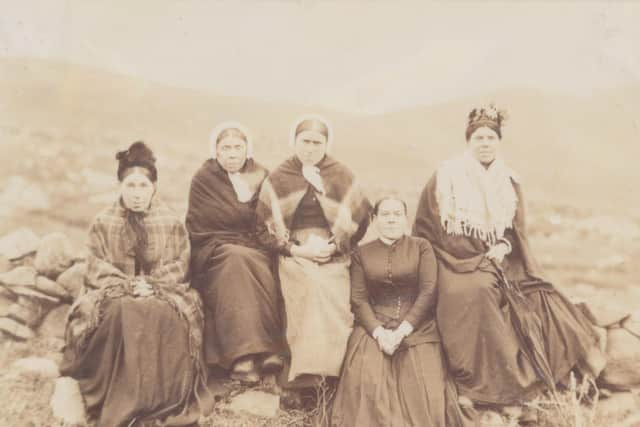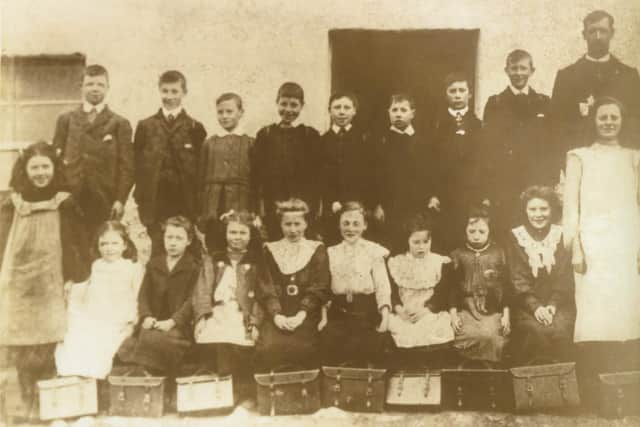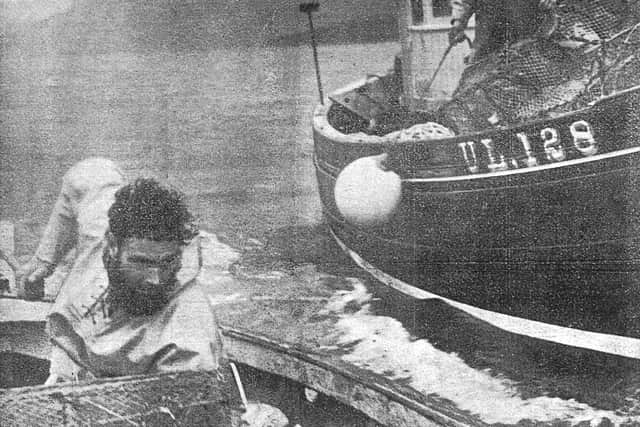Tribute to the last residents of a tough and isolated Highland community


The last man left Scoraig, a long thin peninsula that separates Loch Broom from Little Loch Broom in Wester Ross, in 1963 – just as a new wave of residents seeking an alternative way of life started to move in.
The Gaelic-speaking community finally disbanded after generations of scratching an existence from fishing, seamanship and crofting came to an end. The Great War killed many of its young men with hoped-for improvements of electricity and a road never materialising.
Advertisement
Hide AdAdvertisement
Hide AdIn their place came a new population, with many highly-educated characters setting up home in the shadows of Beinn Ghoblach and newspapers of the day describing a new ‘hippy commune’ taking shape.


Today, Scoraig remains ‘off-grid’ with the peninsula now a place where wind power has been pioneered under the leadership of resident Hugh Piggot, who arrived in the 1970s.
Meanwhile, violin maker and former research physicist Alan Beavitt sends his highly regarded instruments around the world. Around 70 residents in total call Scoraig home with six children enrolled at the tiny school.
Author and naval architect James MacGregor has written Scoraig, A Peninsula And Its People, to remember the old ways of Scoraig with his own mother and father living there until the 1950s.
The large croft held by his mother’s family was taken over by the late Alan Bush, a former Gordonstoun pupil and son of a Welsh hill farmer who became a lighthouse keeper, fisherman, mechanic, welder and ferryman on Scoraig and who had high regard for the original population and their way of life.


Mr MacGregor said: “I wanted to preserve the memory of the older families who lived on Scoraig. There is a lot written about the new folk but I felt it would be sad if the old life passed away without credit.”
Many of the old Scoraig population took root as a result of the Clearances and arrived, roofless, from Kildonan and Keppoch at the head of Little Loch Broom, having burned their crops in the fields when they were evicted.
Mr MacGregor said: “At Scoraig, they built new homes from scratch, brought the rough moorland into cultivation and drew a precarious living from the sea. A productive and truly self-sufficient community was established.”
Advertisement
Hide AdAdvertisement
Hide AdPopulation peaked on Scoraig in 1861 when 373 residents called it home. Over the next 50 years, 200 people left with just 173 remaining.


With no road and access either by a five-mile walk from the eastern tip of Little Loch Broom or a one-mile boat trip across the water, the peninsula was most readily connected to the outside world by the Caledonian MacBrayne steamer from Glasgow. That stopped running in 1955.
By 1963, just one man, Billy MacRae, remained. He left for Ullapool but continued fishing off the peninsula where his large modern trawler would sometimes meet Alan Bush in his old-style open boat.
-Scoraig, A Peninsula and its People by James MacGregor is available in hardback, priced £35, from Ullapool Bookshop. For inquiries, please email [email protected].